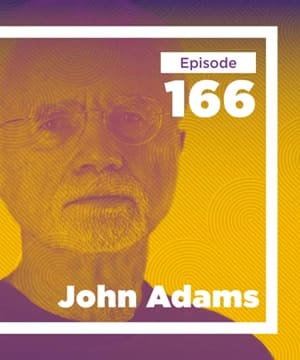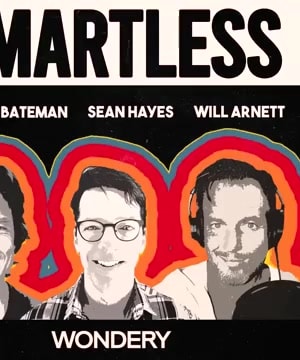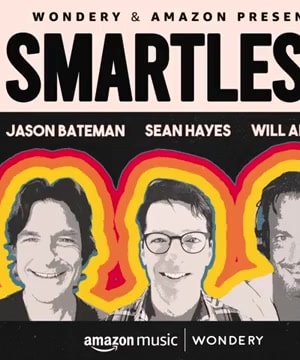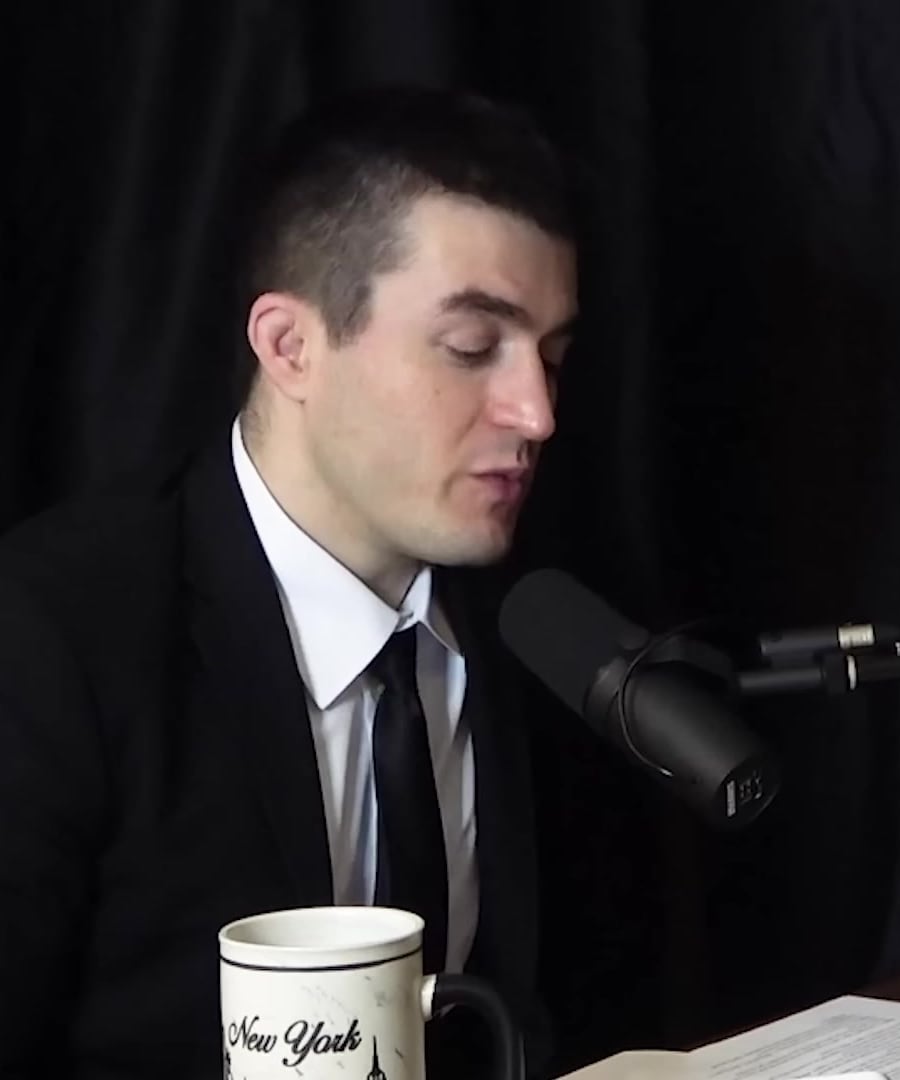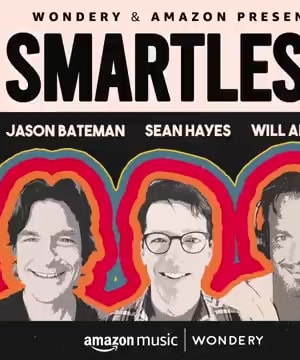Music in Film
Sources:
The role of music in film is a fascinating topic explored by various experts across multiple podcasts. Here are some key insights and perspectives:
-
John Adams: Adams, a renowned composer, discusses the challenges and frustrations of writing music for films. He highlights the need for total dedication and the often unpredictable nature of film projects where music can be moved or altered by directors. He notes that while he isn't a dedicated film composer, his pieces have been used by directors like Luca Guadagnino, which he finds satisfying 1.
-
Gustavo Santaolalla: Santaolalla emphasizes the power of minimalism and discretion in film music. He believes that overusing music can turn dramatic scenes into melodramatic ones. To him, music should support and enhance the emotional impact of a scene rather than dominate it 2 3.
-
Jordan Peterson: Peterson talks about how music in films acts as an emotional backdrop, enhancing the storytelling by providing context and guiding viewer perceptions. This amplification of reality through music is both acceptable and compelling for audiences 4.
-
John Williams: Williams discusses the varying levels of musical sophistication among directors. Some, like Steven Spielberg, fully embrace the use of music to enhance their films, while others are more skeptical. Williams highlights the integral role of music in filmmaking, noting that there are no "silent" films as music is always a part of the cinematic experience 5.
-
Ken Burns: Burns incorporates music early in his documentary editing process. He believes music is the most important element that undergirds the narrative, driving scenes and evoking emotions. He uses a wide range of music, from period-appropriate pieces to contemporary tracks, to create the desired impact 6.
-
Tim Urban: Urban explains why we enjoy re-listening to familiar songs but prefer watching new films. Music taps into our primal brain, creating a deep emotional connection that grows stronger with repetition. In contrast, films engage our higher mind through storytelling, which doesn't require repeated viewings once understood 7.
-
Jonny Greenwood and Thom Yorke: Both musicians discuss the collaborative nature of film scoring. They emphasize that good film music often creates a stretch between the music and the visuals, allowing audiences to make their own connections. They prefer this over music that directly mimics the on-screen action, which can feel redundant 8.
These insights highlight the complex and multi-faceted role of music in film, from supporting the narrative to amplifying emotional impact and enhancing storytelling.
RELATED QUESTIONS-
